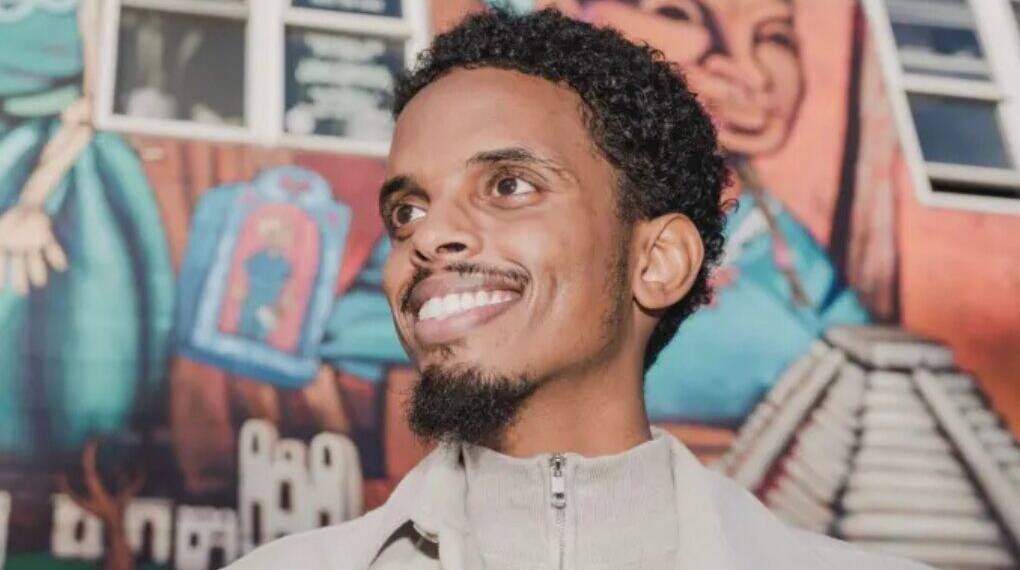Omar Fateh’s recent endorsement by the Democratic-Farmer-Labor (DFL) Party as its mayoral candidate in Minneapolis is a clear reflection of the growing influence of Muslim political leadership in the United States, a phenomenon that has both energized supporters and stirred deep apprehensions about the future of American civic and cultural identity.
Muslim Political Engagement in America
As of 2025, five Muslim members sit in the U.S. Congress, with prominent figures like Ilhan Omar and Rashida Tlaib shaping vigorous debates on civil rights, foreign policy, and social justice. In local politics, leaders such as Zohran Mamdani in New York City have leveraged broad coalitions—including significant Muslim voter support—to reshape major urban contests, highlighting the increasing grassroots power of Muslim communities.
The Conservative Response: Defending Traditional Western Values
Conservative parties across North America emphasize national identity, cultural heritage, and the preservation of Judeo-Christian values.
The rise of politicians who foreground their religious or cultural backgrounds has prompted concerns that these foundational principles may be weakened in favor of multiculturalism and identity politics.
Many Muslim politicians, particularly affiliated with left-leaning parties, have been vocal critics of border security, assimilationist policies, and strong national identity rhetoric. Instead, their platforms often champion expanded immigration, religious accommodations in public institutions, and challenges to traditional norms on gender, education, and free speech.
Many conservatives view this agenda as a threat to social cohesion and the shared values that have long united Western societies.
Infiltration or Representation? Community Loyalties in Question
Right-wing voters increasingly fear that some Muslim politicians prioritize advancing the interests of their communities rather than serving the broader population. Debates around religious accommodations in schools, opposition to certain foreign policy stances (such as criticism of Israel), and efforts to alter national traditions raise questions about loyalty, integration, and societal unity.
Critics warn that certain politicians are not merely advocating for religious freedom, but actively working to introduce aspects of Sharia law into Western societies, which they argue conflicts with secularism, individual rights, and gender equality.
This tension is deepening a rift between Muslim politicians and right-wing conservatives, fueling wider debates over national identity and the cultural future of Western democracies.
Omar Fateh’s Political Rise and Platform
Omar Fateh, a 35-year-old Minnesota state senator born to Somali immigrants, epitomizes this trend. First elected as Minnesota’s first Somali-American and Muslim state senator in 2020, Fateh now seeks to become Minneapolis mayor with an explicitly progressive platform echoing leaders like Zohran Mamdani.
His policy proposals include cash assistance for low-income residents, raising the minimum wage to $20, rent control, limiting police cooperation with ICE, and expanding affordable housing.
Identity Politics and Governance Concerns
Fateh’s campaign is deeply rooted in identity politics, with strong backing from Somali, Muslim, and activist communities eager to see greater representation. Critics argue that this focus on group identity fragments civic unity and shifts political discourse away from shared values to narrow communal interests.
His progressive agenda characterized by aggressive redistribution, rent control measures, and resistance to federal immigration enforcement raises alarms among opponents who fear such policies may deter investment, depress property values, and strain public safety, potentially exacerbating instability in Minneapolis.
Questions of Political Norms and Legitimacy
The DFL convention that endorsed Fateh was marred by walkouts, ballot confusion, and disputed results, fueling skepticism about the legitimacy of the process. Critics claim a small, activist-driven faction commandeered the endorsement, sidelining broader city interests.
This pattern reflects a broader trend in which organized ethnic or religious blocs wield disproportionate influence in political decision-making, sometimes excluding dissenting voices.
Polarization, Backlash, and Social Division
Fateh has faced significant backlash, including racist and Islamophobic attacks targeting his faith and heritage. While supporters see this as evidence of ongoing bigotry, these tensions also point to growing unease among some voters bewildered or unsettled by rapid demographic and cultural shifts.
Far from fostering unity, the rise of identity-focused candidates like Fateh may deepen political polarization, complicating consensus-building and governance.
Also Read: The Alarming Surge of Muslim Politicians Challenging Conservative Values in the West
Omar Fateh’s candidacy and recent DFL endorsement embody the complex dynamics of America’s evolving civic makeup—a story of progress and representation that simultaneously ignites fears about social cohesion, cultural identity, and political stability.
As Minneapolis approaches its mayoral election, Fateh’s rise spotlights the challenges faced by cities and nations wrestling with demographic change, multiculturalism, and the integration of new leadership in polarized times.








